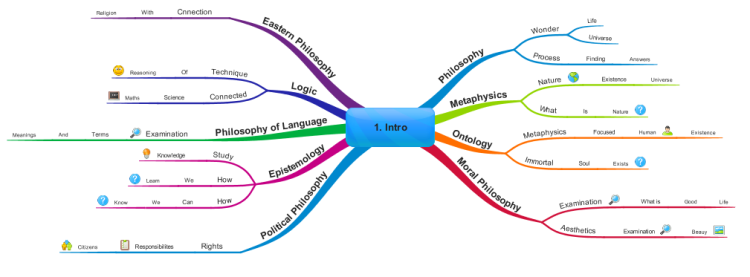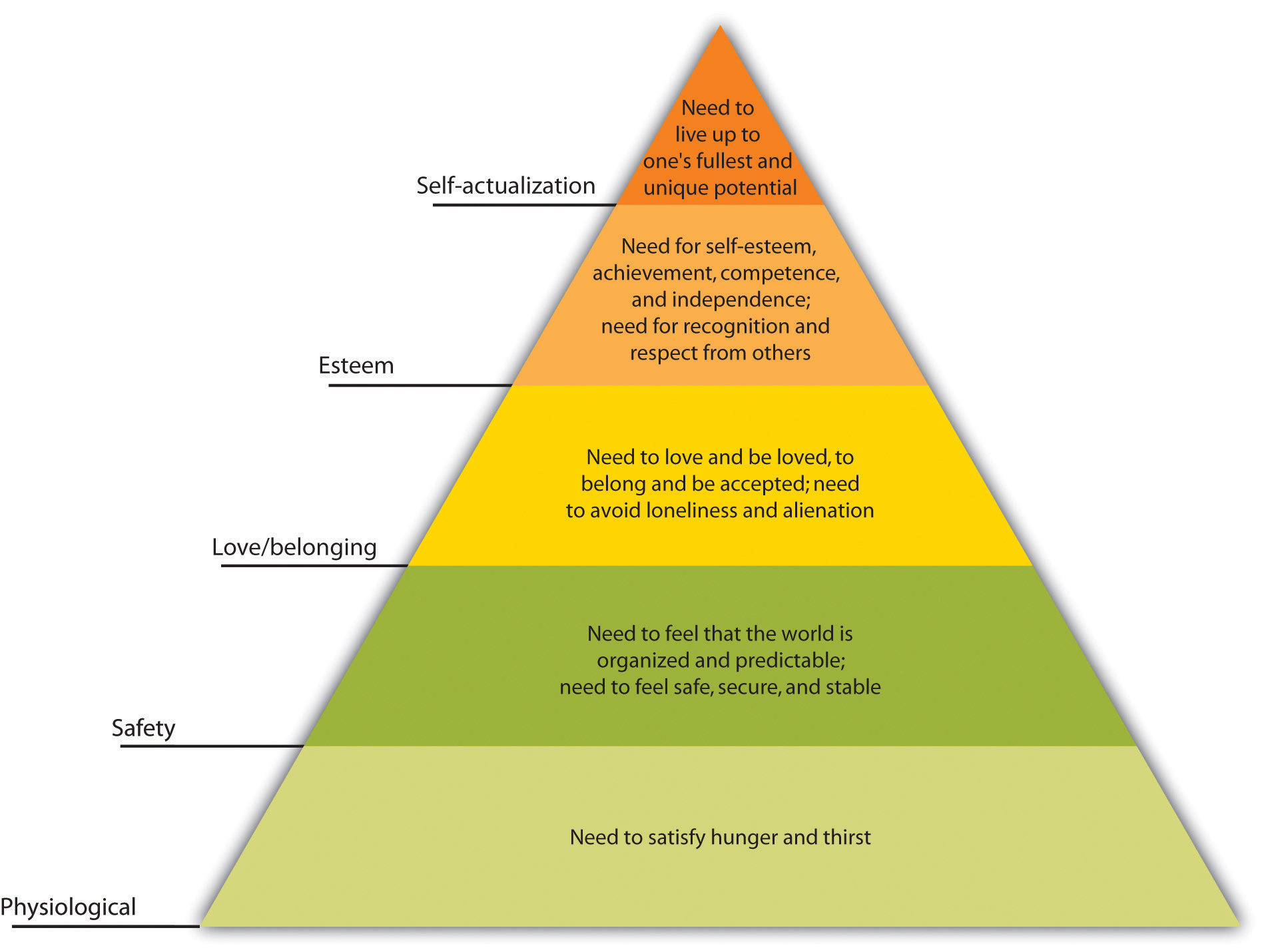Moral Theory An Introduction
Data: 1.09.2018 / Rating: 4.6 / Views: 647Gallery of Video:
Gallery of Images:
Moral Theory An Introduction
Introduction to Moral Theories and Principles that inform ethical decision making in healthcare Introduction If a clinical ethics committee (CEC) is to provide support on ethical issues relating to SBS Active Course Search; Undergraduate Program. Undergraduate Program Overview Introduction to Moral Reasoning. From Wikibooks, open books for an open world. Jump to navigation Jump to search. How to Study; Traditions in Philosophy; Part II Early Moral Theory. Socrates and Plato; Epicurus and Lucretius; Diogenes, Alexander and Aristotle; Alexander the great; Conqueror king. Moral Theory An Introduction Elements Of Philosophy Amazoncom: the elements of moral philosophy, stuart rachels is associate professor of philosophy at the university of alabama he has revised several of james rachels books, including problems from philosophy (second edition, 2009) and the right Moral Theory: An Introduction explores some of the most historically important and currently debated moral theories about the nature of the right and good. Providing an introduction to moral theory that explains and critically examines the theories of such classical moral philosophers as Aristotle, Aquinas, Kant, Bentham, Mill, and Ross, this. Third, we need to explain the importance of moral principles in a moral theory. Fourth, the structure of a moral theory is Fourth, the structure of a moral theory is determined by how it connects the concepts of the right and the good, and so we need to indicate some of the ways 2 what the principles of the theory imply about the deontic status of a wide range of actions (147). This idea blossoms in the next chapter, Moral Pluralism, an examination of Rosss theory of Pris: 759 kr. Kp Moral Theory av Mark Timmons p Bokus. The Philosophical and Theological Foundations of Ethics: An Introduction to Moral Theory and its Relation to Religious Belief. This study is an introduction to the problems of moral philosophy designed particularly for students of theology and religious studies. It offers an account of the nature and subject matter of moral reasoning and of the major types of moral theory current in contemporary moral philosophy. Moral Theory: An Introduction explores some of the most historically important and currently debated moral theories about the nature of the right and good. Continues to bring understanding to difficult concepts in moral philosophy through storytelling and story analysis. From discussions on Aristotles virtues and vices to the moral complexities of the Game of Thrones series, Rosenstands work is lively and relatable, providing examples from contemporary film, fiction narratives, and even. The Theory of Moral Development is a very interesting subject that stemmed from Jean Piagets theory of moral reasoning. Developed by psychologist Lawrence Kohlberg, this theory made us understand that morality starts from the early childhood years and can be affected by several factors. contributions to moral theory is the concept of pure practical reason that, as an alternative to moral sense theory or teleological ethics, more positively views the. Traditionally, normative ethics (also known as moral theory) was the study of what makes actions right and wrong. An Introduction to Ethics Through Classical Sources, New York: McGrawHill Book Company, 1984. Vendemiati, Aldo, In the First Person, An Outline of General Ethics, Rome, Urbaniana University Press, 2004. A structural overview of the domain of normative moral theory, including a brief articulation of its primary concepts. The distinction between normative ethics and metaethics 2. Moral Theory: An Introduction explores some of the most historically important and currently debated moral theories about the nature of the right and good. Providing an introduction to moral theory that explains and critically examines the theories of such classical moral philosophers as Aristotle, Aquinas, Kant, Bentham, Mill, and Ross, this. Moral Theory: An Introduction explores some of the most historically important and currently debated moral theories about the nature of the right and good. Providing an introduction to moral theory that explains and critically examines the theories of such classical moral philosophers as Aristotle, Aquinas, Kant, Bentham, Mill, and Ross, this. MORAL THEORY By John McMillan, PhD EXECUTIVE SUMMARY Introduction Moral theories can help physicians to justify and reflect upon the ethical decisions that they make. What makes an action right or wrong? How does one make moral decisions about what is Moral Theory: An Introduction explores some of the most historically important and currently debated moral theories about the nature of the right and good. Providing an introduction to moral theory that explains and critically examines the theories of such classical moral philosophers as Aristotle, Aquinas, Kant, Bentham, Mill, and Ross, this. After an introduction to the main aims and methods of evaluating a moral theory, the remaining chapters in this book are devoted to an examination of various moral theories, including the divine command theory, moral relativism, natural law theory, Kant's moral. says that right or wrong depend on the consequences of an act, and that the more good consequences are produced, the better the act. One blatant way in which a moral theory might fail to be consistent is when its principles (together with relevant factual information) imply that some particular concrete action is both right and wrong. An Introduction to Moral Theory 13 standards for evaluating a moral theory. it makes sense to evaluate a moral theory according. After introducing students in the first chapter to some of the main aims and methods of evaluating a moral theory, the remaining chapters are devoted to an examination of various moral theories including the divine command theory, moral relativism, natural law theory, Kant's moral theory, moral pluralism, virtue ethics, and moral particularism. Additional resources for Moral Theory: An Introduction (2nd Edition) (Elements of Philosophy) Example text Indb 23 8: 22 AM Chapter 2 24 depends on (and thus can be expressed in. INTRODUCTION to Ethical Theories. INTRODUCTION to Ethical Theories. First, an early theory of moral psychology was that our sense of right and wrong was a product of a rational ability called practical wisdom. A second area of moral psychology concerns the inherent selfishness of. Basic Concepts in Moral Theory I. 3 Basic Concepts in Moral Theory II. This post offers a brief overview of Moral Foundations Theory. For complete information see the Publications page Haidts web site, or his book The Righteous Mind: Why Good People Are Divided by Politics and Religion, by Jonathan Haidt The first part is a nativist claim that natural selection. This course is an introduction to moral theory. We will be going straight to the classics a few of the best books ever written on moral theory: Platos Republic, Aristotles Nicomachean Ethics, Kants Groundwork for the Metaphysics of Morals and Mills Utilitarianism. Moral Theory at the Movies provides students with a wonderfully approachable introduction to ethics. The book incorporates film summaries and study questions to draw students into ethical theory and then pairs them with classical philosophical texts. Providing an introduction to moral theory that explains and critically examines the theories of such classical moral philosophers as Aristotle, Aquinas, Kant, Bentham, Mill, and Ross, this book acquaints students with the work of contemporary moral philosophers. All of the book's chapters have been revised in light of recent work in moral theory. A theory is a structured set of statements used to explain (or predict) a set of facts or concepts. A moral theory, then, explains why a certain action is wrong or why we ought to act in certain ways. In short, it is a theory of how we determine right and wrong conduct. Also, moral theories provide the framework upon which we think. Moral Theory explores some of the most historically important and currently debated moral theories about the nature of the right and good. After introducing students in the first chapter to some of the main aims and methods of evaluating a moral theory, the remaining chapters are devoted to an. Moral Theory: An Introduction explores some of the most historically important and currently debated moral theories about the nature of the right and good. Providing an introduction to moral theory that explains and critically examines the theories of such classical moral philosophers as Aristotle, Aquinas, Kant, Bentham, Mill, and Ross, this. Providing an introduction to moral theory that explains and critically examines the theories of such classical moral philosophers as Aristotle, Aquinas, Kant, Bentham, Mill, and Ross, this book acquaints students with the work of contemporary moral philosophers. Providing an introduction to moral theory that explains and critically examines the theories of such classical moral philosophers as Aristotle, Aquinas, Kant, Bentham, Mill, and Ross, this book acquaints students with the work of contemporary moral philosophers. This was my first encounter with a scholarly treatment of ethics, having previously only read brief expositions of some central theories (mainly utilitarianism and consequentialism in general as well as divine command theories in the context of the religionatheism debate). We start with a few moral issues, including abortion and our obligations to others. We then take up issues about the nature of morality as a whole such as whether there is a single true morality. Gilligan concluded that Kohlbergs theory did not account for the fact that women approach moral problems from an ethics of care, rather than an ethics of justice perspective, which challenges some of the fundamental assumptions of Kohlbergs theory. Moral Theory: An Introduction explores some of the most historically important and currently debated moral theories about the nature of the right and good. Providing an introduction to moral theory that explains and critically examines the theories of such classical moral philosophers as Aristotle. This feature is not available right now. Providing an introduction to moral theory that explains and critically examines the theories of such classical moral philosophers as Aristotle, Aquinas, Kant, Bentham, Mill and Ross, this book acquaints students with the work of contemporary moral philosophers. Providing an introduction to moral theory that explains and critically examines the theories of such classical moral philosophers as Aristotle, Aquinas, Kant, Bentham, Mill, and Ross, this book acquaints students with the work of contemporary moral philosophers. This is the Introduction to my 2016 book A Moral Theory of Solidarity (OUP). The book defends a Kantian deontological theory on which solidarity with those who are treated inequitably is a perfect duty of equity, and is consequently intrinsically This nontechnical introduction to ethics explores how we find true or reasonable moral principles, applicable to current concerns and issues. This second edition examines seven moral theories and illustrats them with the famous 'trolley cases' invented by Philippa Foot and Judith Jarvis Thomson. Moral Theory: An Introduction explores some of the most historically important and currently debated moral theories about the nature of the right and good. Moral theory definition is a theory of the atonement introduced by Peter Abelard in the 12th century and common in modern liberal theology holding that the life and death of Jesus Christ reconcile man to God by so revealing the holiness and love of God as to win man to repentence and faith called also subjective theory.
Related Images:
- George carlin show
- The Shape Of The Liturgy New Edition
- The boy 1996
- Django Reinhardt Pdf
- The power audio
- I
- 4
- No problem dvd rip
- Spider man the amazing game
- Yify The Prestige
- The pot book
- The loved ones 1080p
- NCIS LA 3X3
- Thirsty crow story in sanskrit language pdf
- No steam skyrim
- Crack v6 3dm
- The gold mask
- Gang of four
- Windows xp romanian language pack download microsoft
- Primal scream vanishing point
- Download bluetooth for windows 7 32 bit bluestacks
- Tip top 2018
- Cheapest online bookstore malaysia
- Once upon a time saison 3 torrent
- Silverchair best of
- Star wars the rebels s01e04
- Ge Profile Washer Repair Manual Model
- Magic Iso serial
- Whatever the Boss Wants
- A fighter pilot
- Led zeppelin Knebworth Festival
- P90x Pdf Calendar
- Now thats what i call music 1999
- The Art Of The Soundcheck By M Erik Matlock
- Hostel 2 subs
- Best bars s01e02
- BeamNG Drive Alpha
- The Ethical Foundations Of Economics
- Microsoft visual foxpro
- The wild nl
- Gordon ramsays cookery
- Hercules 1 1080p
- Marissa nadler flac
- 15 minute meals s01e37
- Toy story 1 brrip
- Catalogue preserve amass
- Mikrotik hotspot login page html download fil
- Wijn aan gort
- Intro To Business Test Answers
- One piece season 910
- Subaru Manuals Transmission Pops Out Of Gear
- Eng subs disney
- Two hands 1999
- Kitchen nightmares season 5
- The flash s01e04 webdl
- Wrecking ball caked remix
- Chasing Slow Courage To Journey Off The Beaten Path
- Cosmos a space time odyssey s01e08 dimension
- Sky high movie
- Die die die
- 2018 music
- Discuss about quality of work life in indian context
- Satomi yuria satomi yuria
- Main event 2018 10
- The Salt of the Earth
- Mechanics Machines Hannah Stephens Solution Manual
- Pomelo Et La Grande Aventure
- Creature from the Black Lagoon 1954
- Ufc ronda rousey
- Patapata Yoshihitos Creation Yoshihito Isogawa
- Single variable calculus stewart 7th
- Meshuggah Chaosphere Extreme Metal
- Enzymes in Detergency
- Best dj rnb mix
- Green lantern the animated series s01e14
- Lana del ray video game
- Manuale Patente B In Russo
- Oshiri Kajiri Mushi
- Va freestyle music
- No body does it better
- The Revenge of the Wannabes The Clique No 3
- International villager honey singh












